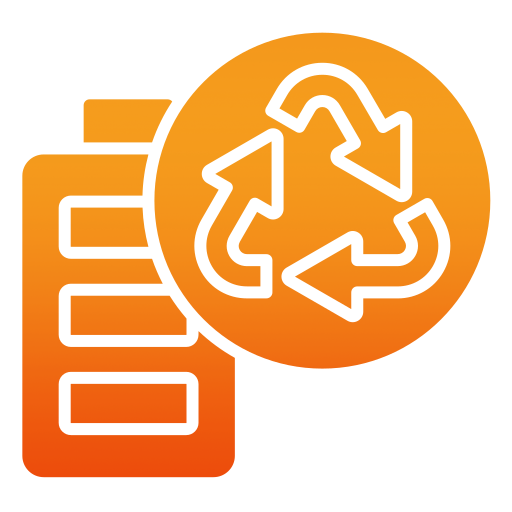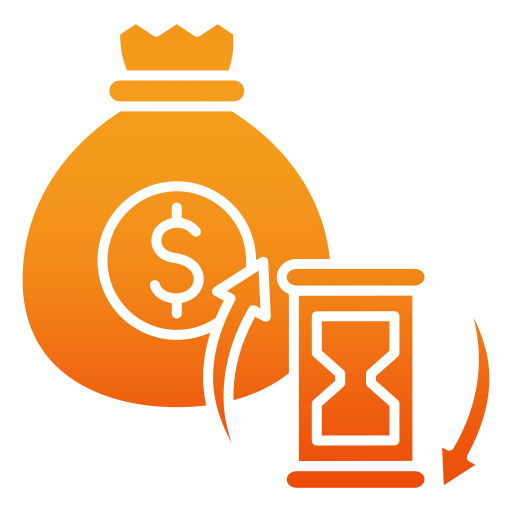The Challenge: Outdated Waste Management Systems

Inefficient Route Planning
Manual route planning resulted in 35% higher fuel costs and delayed collections, leading to citizen complaints and environmental concerns.

Poor Recycling Compliance
Only 28% recycling rate due to contamination, lack of education, and insufficient sorting infrastructure.

Limited Operational Visibility
No real-time tracking of waste volumes, truck locations, or processing facility capacity utilization.

Cost Overruns
Operational costs were 40% above budget due to inefficient processes and equipment maintenance issues.

Regulatory Compliance
Struggling to meet EPA regulations and sustainability targets for waste diversion and carbon footprint reduction.

Equipment Downtime
Unexpected vehicle breakdowns caused service disruptions and 20% increase in maintenance costs.
Foycom's Smart Solution: Integrated Waste Management Platform

AI-Powered Route Optimization
Machine learning algorithms analyze traffic patterns, waste volumes, and collection priorities to create optimal daily routes.

IoT Smart Bin Monitoring
Sensor-equipped bins provide real-time fill level data, enabling proactive collection scheduling and reducing overflow incidents.

Automated Sorting Systems
AI-vision technology identifies and sorts recyclable materials with 95% accuracy, significantly improving recycling quality.

Fleet Management Dashboard
Real-time vehicle tracking, fuel monitoring, and predictive maintenance scheduling through comprehensive fleet management.

Citizen Engagement Portal
Mobile app allows residents to schedule pickups, report issues, access recycling education, and track their environmental impact.

Analytics & Reporting Suite
Comprehensive dashboards provide insights into waste generation patterns, recycling rates, and operational efficiency metrics.
Get FREE Consultation
Implementation Process
Assessment & Planning
Comprehensive audit of existing waste management infrastructure, stakeholder interviews, and development of customized solution architecture.
Pilot Program Launch
Deployed smart bins and route optimization in two districts to test system performance and gather real-world data.
Technology Integration
Installation of IoT sensors, automated sorting equipment, and integration with existing city management systems.
Staff Training & Change Management
Comprehensive training programs for operational staff, supervisors, and administrators on new systems and processes.
City-Wide Rollout
Gradual expansion across all districts with continuous monitoring, optimization, and citizen communication campaigns.
Continuous Optimization
Ongoing system refinement, performance monitoring, and feature enhancements based on operational data and feedback.
Results & Outcomes
45%
Reduction in Operational Costs
72%
Increase in Recycling Rate
38%
Fuel Consumption Reduction
90%
Citizen Satisfaction Score
60%
Reduction in Overflow Incidents
25%
Carbon Footprint Reduction
Key Achievements

Environmental Impact
Achieved city's 2030 sustainability goals 5 years ahead of schedule with significant waste diversion improvements.
Operational Excellence
Transformed from reactive to predictive operations with 99.2% collection reliability and minimal service disruptions.

Community Engagement
85% citizen app adoption rate with active participation in recycling education and waste reduction programs.

Scalable Infrastructure
Built foundation for smart city expansion with integrated systems ready for population growth and new services.
Talk to Our Smart City Experts
Start Your Smart Waste Transformation Today
